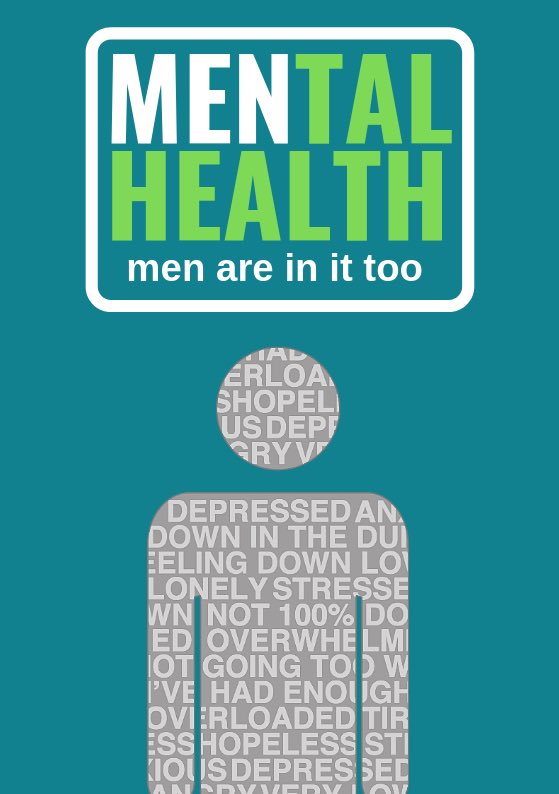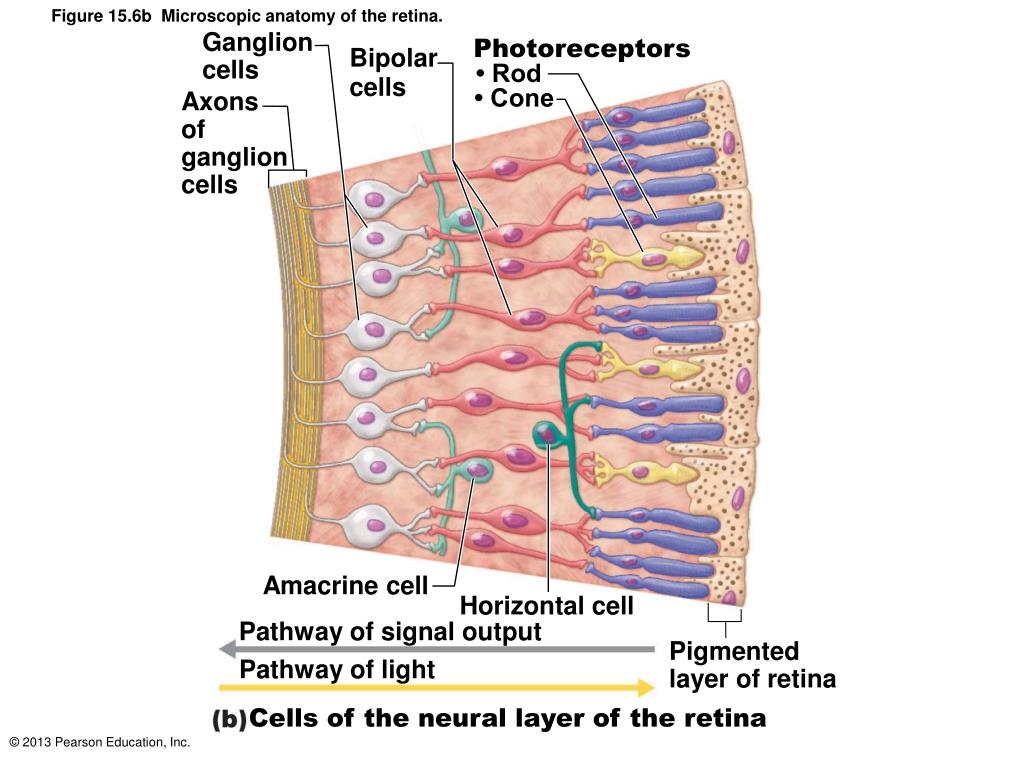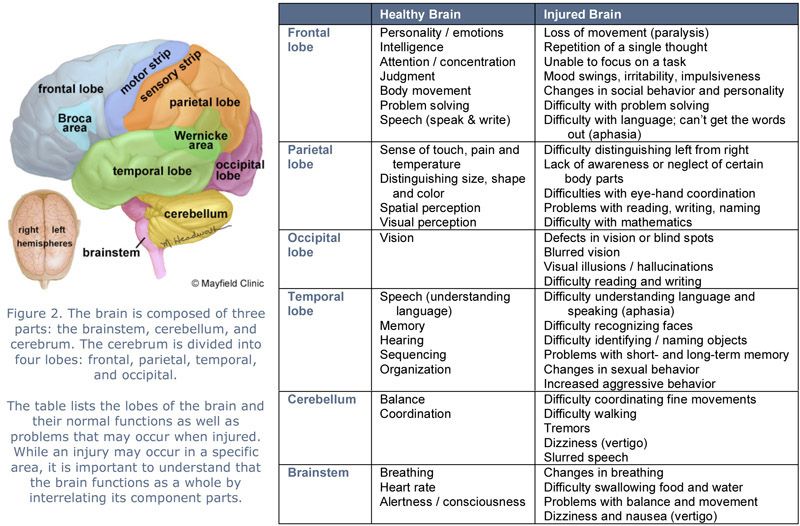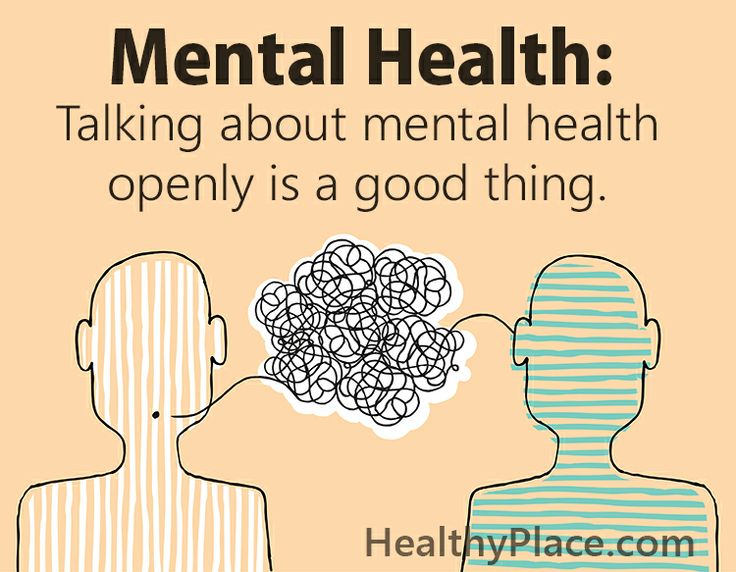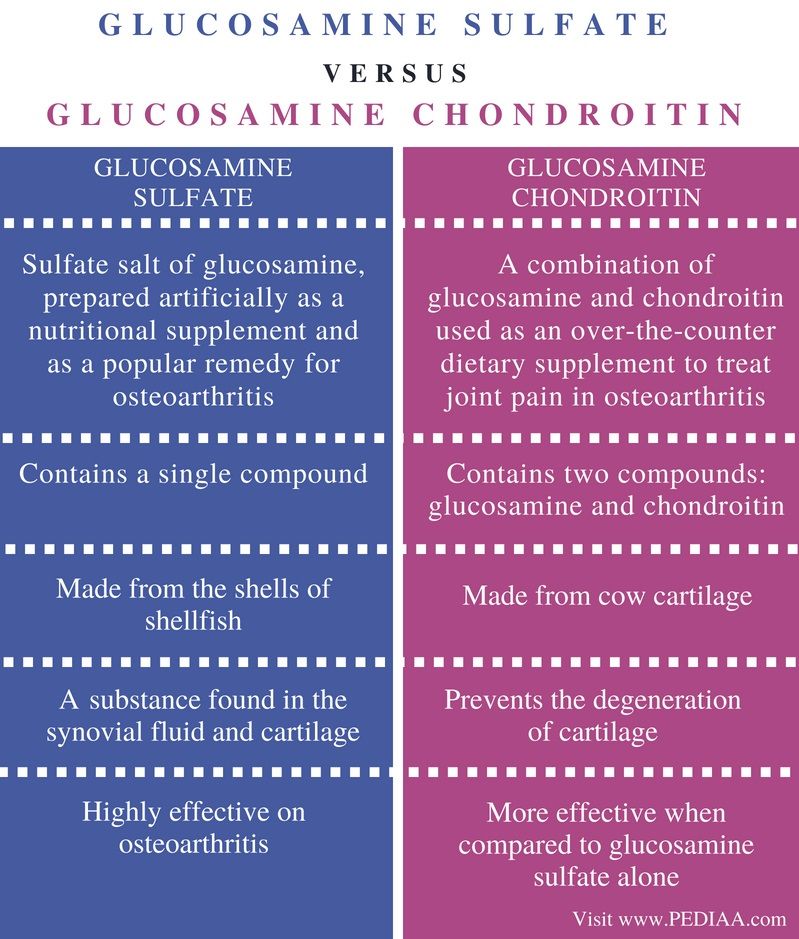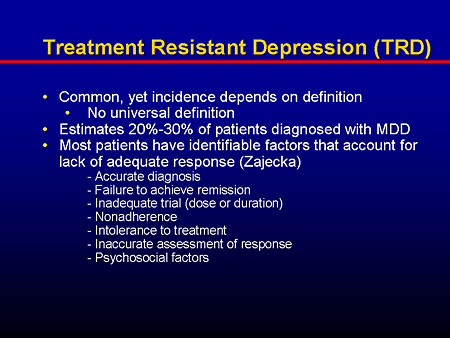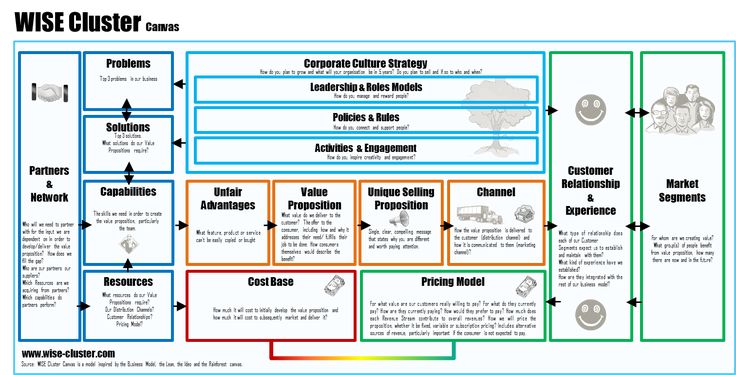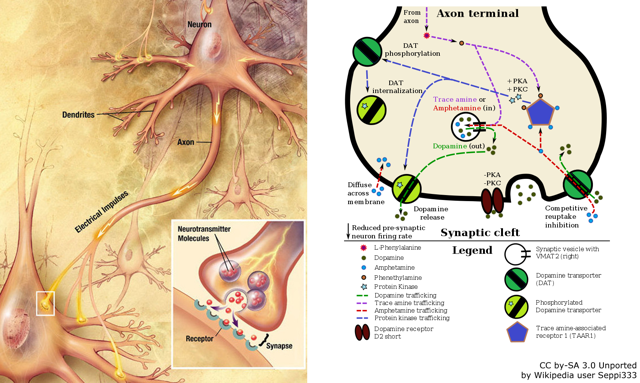Mental health kits
18 Things to Put in Your Mental Health Crisis Kit
When you live with a mental illness, you often can’t predict when you’ll find yourself struggling next. Sometimes, you’ll be sitting at your desk working and have an unexpected panic attack. Other times, a comment someone says might bring you back to a past trauma, and you find yourself struggling to get through the day afterwards. Whatever the situation may be, it’s times like these when a mental health crisis kit can come in handy.
So what is a mental health crisis kit?
Essentially, it’s a collection of comforting items you can have on hand when things get tough mentally. While many choose to carry a crisis kit with them in a purse or backpack, others may prefer to have a box at home — or even just have a few calming objects stashed in their car.
If this sounds like a cool idea to you, but you don’t know where to start, look no further. We asked our mental health community to share one item they keep in their own mental health crisis kit. We compiled their answers below — and added a few suggestions of our own.
Here’s what they had to say:
1. Headphones
“Noise-cancelling headphones and my iPod. When I break down, it helps me tune out the fact I’m doing it in front of a bunch of strangers. I close my eyes, pull my hood up and go somewhere happy.” — Dan P.
“Headphones. Music’s been an anchor all my life, and when my head gets too loud, it’s one of the best things.” — Zoie R.
Our picks: Noise-Cancelling Headphones ($70) and Earbuds ($10)
2. Journal or Sketchbook
“One thing I would put in a crisis kit would definitely be a notebook. There are times when I’m struggling so much and no one is around and my thoughts are racing and out of control. It can be helpful for me to write about everything I am experiencing in that moment and what led up to that moment. Sometimes after I’ve written, I’ll even read it out loud and that helps.” — Christa O.
“My sketchbook.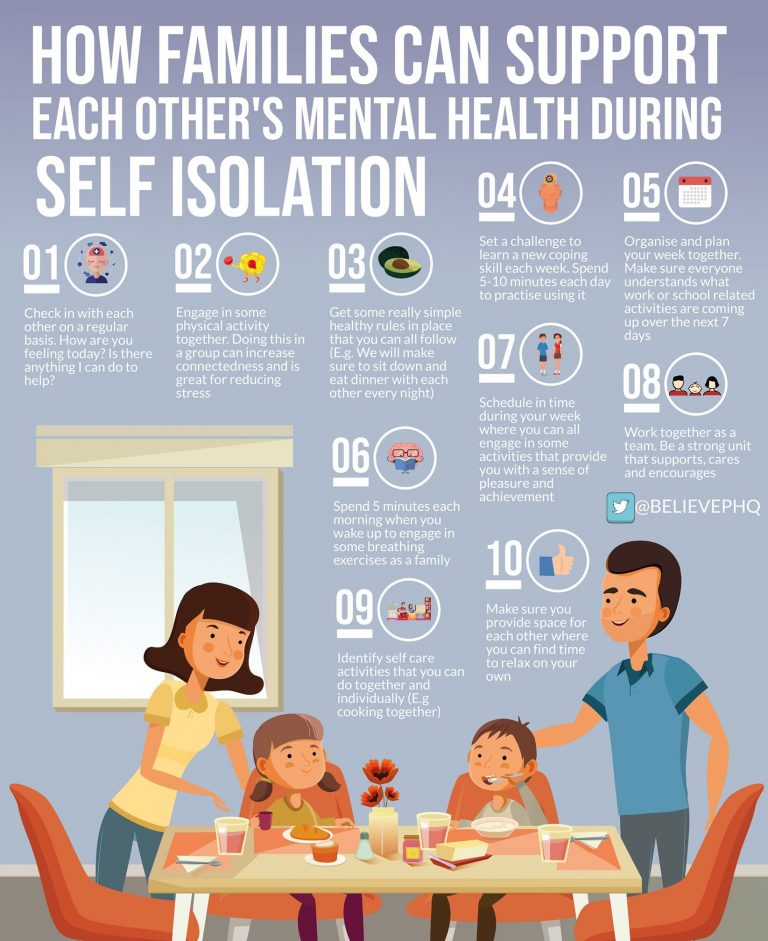 I always bring my sketchbook everywhere with me to calm my anxiety down and to center myself. It’s also a place for me to journal, write down what I’m feeling to get it off my chest. As an artist, drawing in an immense relief from my inner demons.” — Rianna J.
I always bring my sketchbook everywhere with me to calm my anxiety down and to center myself. It’s also a place for me to journal, write down what I’m feeling to get it off my chest. As an artist, drawing in an immense relief from my inner demons.” — Rianna J.
Our picks: Sketch Book ($11) and Wreck This Journal ($14)
3. Stuffed Animal
“My favorite stuffed animal, since it helps me with support and comfort.” — Venus T.
“A stuffed animal because I need to have something to hold and maybe use to muffle any crying or screaming I may do.” — Amanda E.
Our picks: Jellycat Stuffed Puppy ($22) and Aurora Elephant Stuffed Animal ($10)
4. Backup Medication
“My medication. My mental health would be a lot worse without it.” — Carolyn U.
“My inhaler. Anxiety attacks can trigger an asthma attack, so I have to keep it handy at all time.” — Athena C.
“Cannabis… Please don’t refer to it as ‘weed.’ It is a medicine.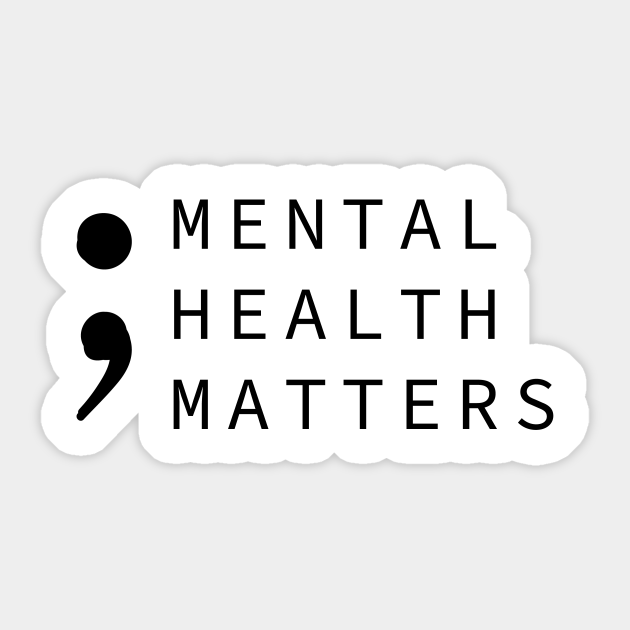 ” — Ricky C.
” — Ricky C.
5. Essential Oils
“A cotton ball dipped in calming essential oil.” — Amanda T.
“Frankincense or bergamot young living essential oils.” — Kat G.
Our picks: Essential Oil Pack ($17) and Portable Essential Oil Diffuser ($16)
6. Playing Cards
“A deck of playing cards. It one of the most useful items in all of existence. The sound of shuffling is incredibly relaxing an helps me shut out the noise of the world by focusing on that sound. It also gives me something to do with my hands which for some people is important.” — Frank C.
“Playing cards. It’s helped our family. Also, table topics. Great for families where we support one who struggles” — Susie B.
Our picks: Bicycle Playing Cards ($7) and Best Things Ever Table Topics ($25)
7. Phone
“I carry it all the time: my phone. It has the numbers for my support team and a crisis number in case they are not available.” — Sherry L.
“The only thing I would have is a charged cell phone with phone numbers to my wife, my mom and my son to be able to talk if I was slipping.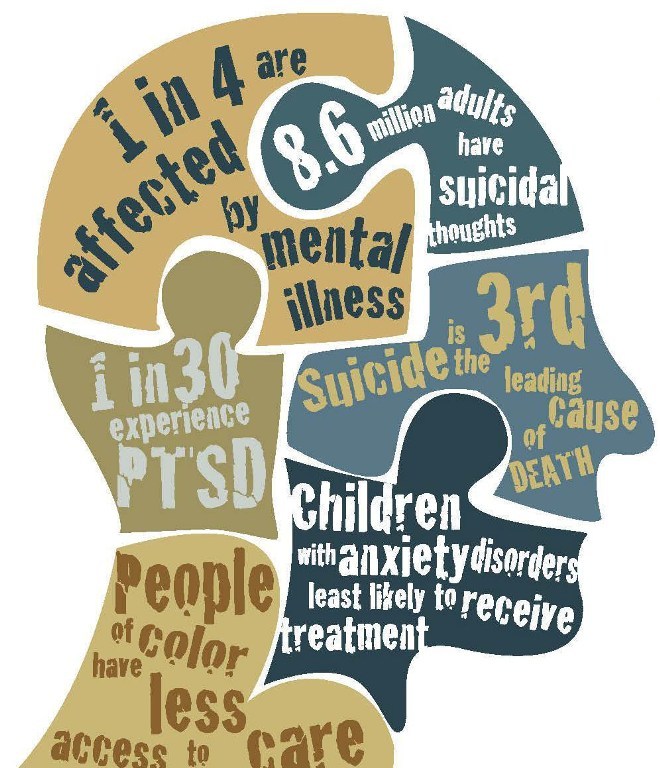 ” — Joe S.
” — Joe S.
8. Knitting/Crocheting Supplies
“A crochet hook and some yarn. Sometimes focusing on a new stitch or a scarf helps me focus on one thing and calms me down when nothing else will.” — Shayna R.
“My knitting project! It helps me with anxiety by shifting the focus and it keeps me calm. It’s like meditation for me. I find it soothing and therapeutic.” — Madoka S.
Our picks: Crochet Hook Pack ($11) and Circular Knitting Needle Pack ($10)
9. Fidget Toy
“Anything I could fidget/play with to help me stay grounded. This could also be as simple as a small soft rock or something like a fidget cube.” — Kayla D.
“One of [my] essentials is my Captain America shield spinner. It reminds me of his courage, bravery and selflessness in taking care of others while giving my hands something to do other than rip my hair out.” — Sarah H.
Our picks: Rainbow Fidget Cube ($10) and Fidget Spinner ($9)
“The Dammit! Doll my therapist got us.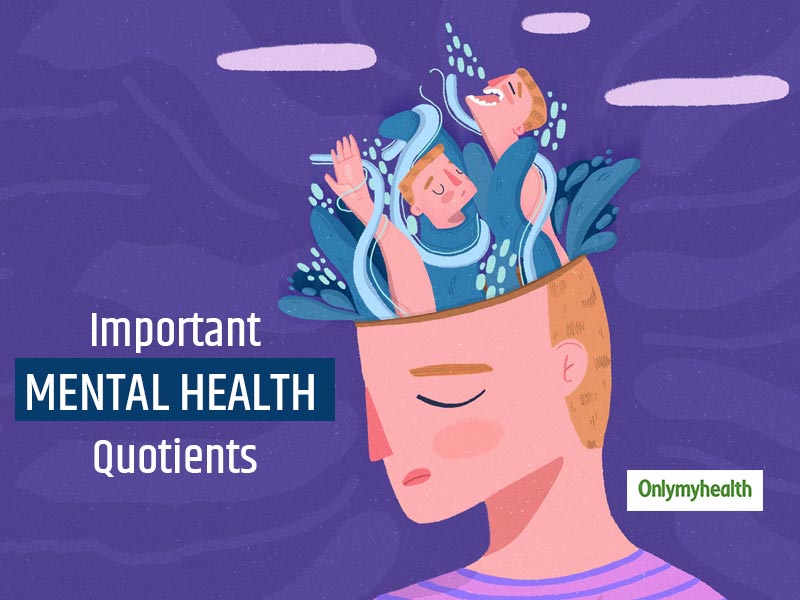 It helps give us something to take out anger/upset on instead of taking it out on our body.” — Dylan K.
It helps give us something to take out anger/upset on instead of taking it out on our body.” — Dylan K.
Our picks: Watermelon Cooler ($16) and A-MAZE-ING ($16) Dammit! Dolls
11. Books
“I have a kit like this and I keep a book of all of Edgar Allan Poe’s work. Sometimes when things get tough I want to read, but most things are too cheery. Edgar Allan Poe’s work helps me to relax and take my mind off of things and doesn’t get me down as it isn’t as cheery and bright as most other books.” — Emma J.
“Illustrated copy of ‘Harry Potter.’” — Hannah M.
“My number one item is my Bible. My faith is my foundation, and in those moments of crisis, I need a reminder to take a moment to rest in that foundation, then move forward to outside resources.” — Alyssa K.
Our picks: “Harry Potter and the Chamber of Secrets” Illustrated Edition ($26) and “The Complete Tales and Works of Edgar Allen Poe” ($25)
12.
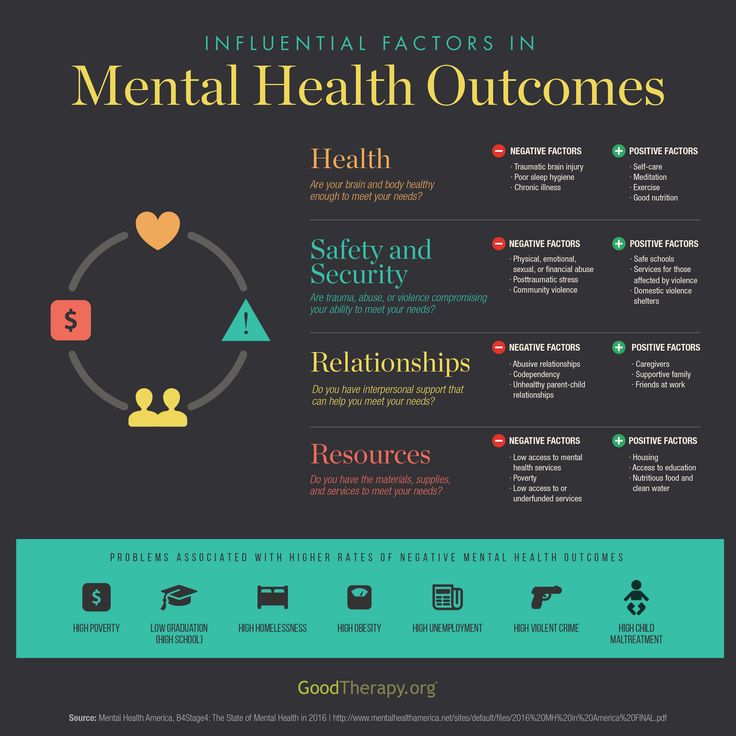 Photos
Photos“Pictures of my dogs. Bonus points if they are particularly goofy ones.” — Erin L.
“Photos of my children and animals… a reminder I have something to live for.” — Amanda C.
13. Play-Doh
“I’ve found Play-Doh to be incredibly helpful. It’s more malleable than a stress ball and I can twirl it and squeeze it and shape it around my fingers. It’s a great stress reliever. And straight out of the container, it’s always nice and cold too.” — Alison H.
“I can make things with it to keep some thoughts at bay and it keeps my hand busy so I am not so anxious. Has always been a big part of my life and weirdly has helped me in many ways.” — Kristin T.
Our picks: Play-Doh 8-Pack ($4) and Dough Tools ($7)
14. Sleep Mask
“Sleeping eye mask. Helps to cut off from surroundings and meditate to clear [my] mind during periods of high anxiety.” — Shreya K.
Our picks: Almond Blossom Sleep Mask ($13) and Moon Sleep Mask ($10)
15.
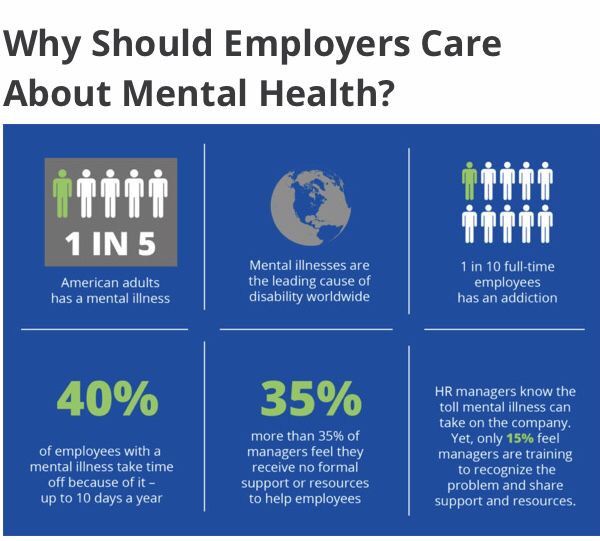 Coloring Book
Coloring Book“Adult coloring book and colored pencils because I can block my problems out even if only for a few minutes.” — Sarah H.
“Crayons and a coloring book to distract me and focus me on something other than my panic attack.” — Hannah P.
Our picks: Secret Garden Adult Coloring Book ($11) and Prismacolor Colored Pencils 24-Count ($9)
16. Notes to Self/Letters From Others
“The letters I’ve written to myself when I’m ‘healthy’ to remind myself I know who I am: I am secure within myself, I’m strong, I’m loved and it will pass. And with that comes a list of reminders of things that help when I feel like nothing will.” — Chelsea C.
“A list of compliments other people have given me, a list of advice from people I admire, a letter to myself I write when I’m feeling good to give to myself when I’m feeling bad.” — Lindsey P.
17. Poop Emoji Items
“I’m a visual person so what helps me a lot is to see my little poop emoji wind up toy.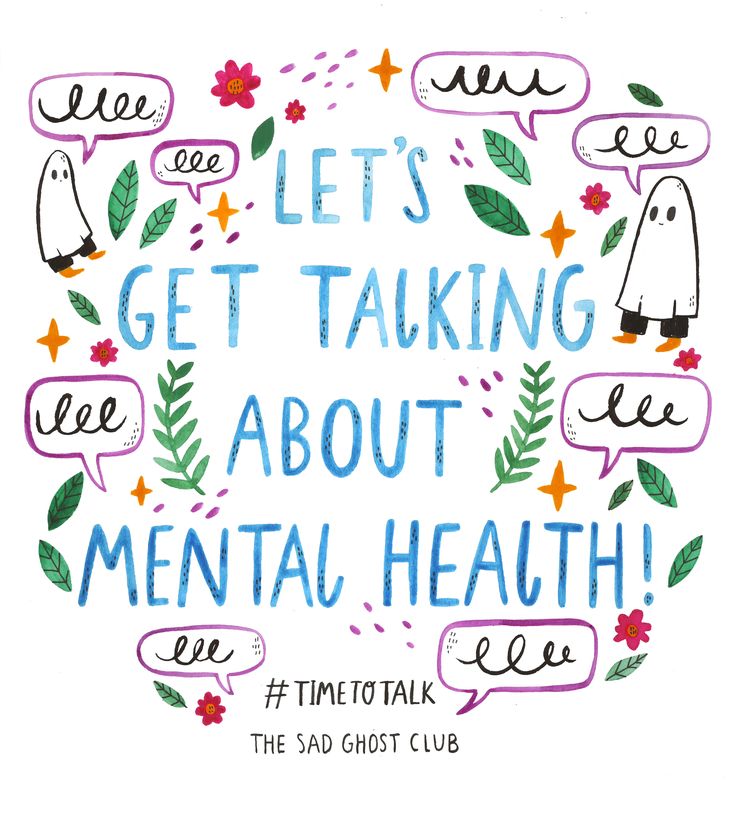 It dispenses candy too. Whenever I look at it, I can’t help but giggle so it gives me a good feeling. I take it with me in my purse everywhere.” — Nicole C.
It dispenses candy too. Whenever I look at it, I can’t help but giggle so it gives me a good feeling. I take it with me in my purse everywhere.” — Nicole C.
Our picks: Poop Emoji Stress Ball ($6) and Poop Emoji Slippers ($11)
18. Glitter “Calm” Jar
“So many choices. I like glitter jars.” — Abigail S.
Our picks: Glitter Jar ($11) and Liquid Motion Desk Toy ($7)
What’s in your mental health crisis kit?
Mental Health Kit - Etsy.de
Etsy is no longer supporting older versions of your web browser in order to ensure that user data remains secure. Please update to the latest version.
Take full advantage of our site features by enabling JavaScript.
Find something memorable, join a community doing good.
( 1,000+ relevant results, with Ads Sellers looking to grow their business and reach more interested buyers can use Etsy’s advertising platform to promote their items. You’ll see ad results based on factors like relevancy, and the amount sellers pay per click. Learn more. )
You’ll see ad results based on factors like relevancy, and the amount sellers pay per click. Learn more. )
WHO provides countries with tools to help stop abuse of people with mental health problems
Media release
Jun 15, 2012 | Geneva - The World Health Organization (WHO) is calling on countries to protect the rights and dignity of people with mental health conditions and is releasing a new toolkit to help countries assess and ultimately stop such wrongdoing.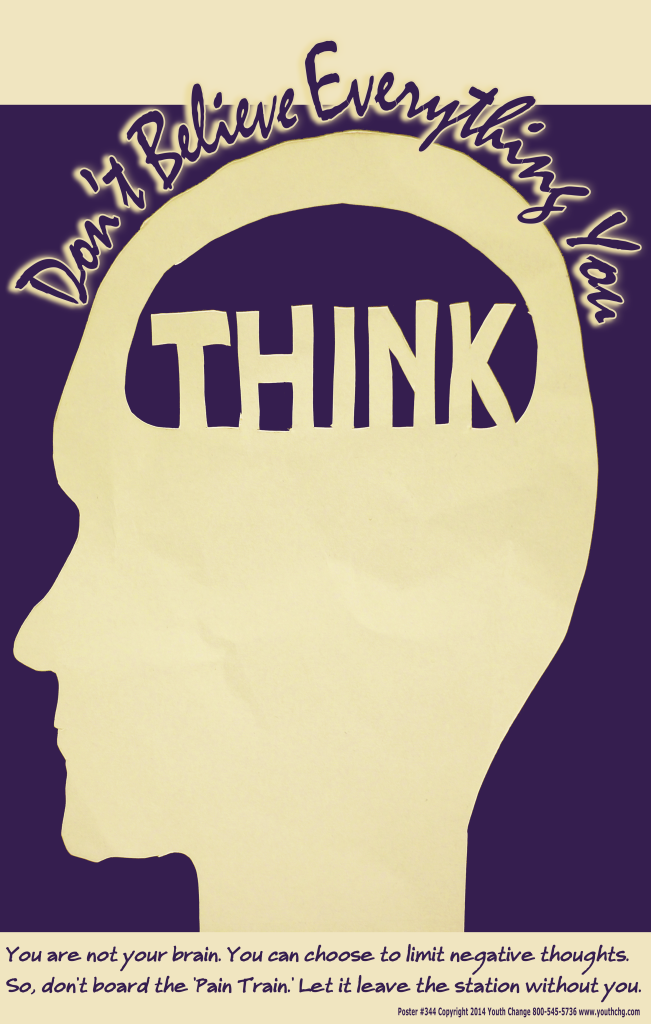 The WHO QualityRights Tool Kit, developed by WHO, aims to ensure that mental health and social care settings around the world respect health care quality and human rights standards.
The WHO QualityRights Tool Kit, developed by WHO, aims to ensure that mental health and social care settings around the world respect health care quality and human rights standards.
“Until now, many mental health and social care settings, especially in low- and middle-income countries, experience poor quality health care and human rights violations on a daily basis,” said Dr Shekar Saxena, Director of the WHO Department of Mental Health health and substance abuse. - Dilapidated buildings, overcrowding and lack of hygiene are a reality for many people living in psychiatric institutions. In many institutions, people are subjected to violence and abuse, receive harmful treatment and are neglected. Many of them are locked up against their will, receiving excessive medical treatment, being held in isolation cells or held by physical means, sometimes for years.”
Basic standards for psychiatric institutions
To address this issue, WHO has developed the WHO QualityRights Tool Kit - Assessing and improving quality and human rights in mental health and social care. This set of methodologies, based on the International Convention on the Rights of Persons with Disabilities, establishes basic standards that must be observed in all institutions. They include the following:
This set of methodologies, based on the International Convention on the Rights of Persons with Disabilities, establishes basic standards that must be observed in all institutions. They include the following:
- living conditions should be safe and hygienic, and the social environment should be conducive to recovery;
- Evidence-based health care appropriate to patients' mental and physical health needs to be provided on the basis of their free and informed consent;
- services should be oriented towards strengthening people's independence and empowering them to pursue their own recovery plans;
- it is necessary to register and suppress all acts of inhumane treatment; and
- it is necessary to link the provision of health services to patients with employment, education, and social and community services in order to facilitate their independent living in mental health service user communities.
“People from civil society organizations specializing in mental and psychosocial disabilities, as well as other mental health and human rights experts, have made significant contributions to the development of the Toolkit.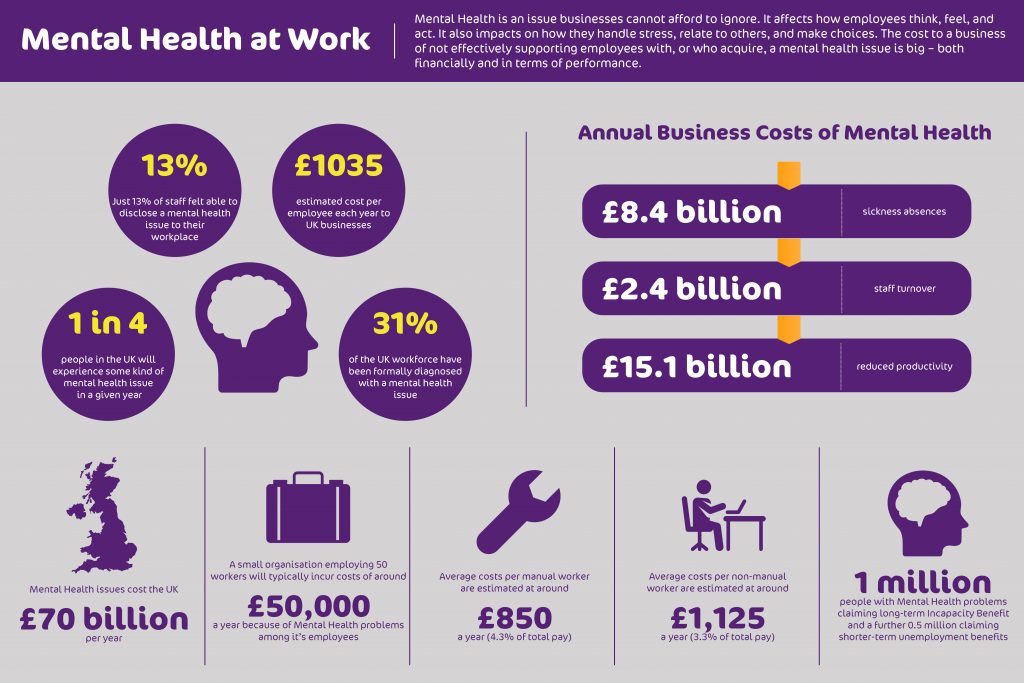 Therefore, this Toolkit is comprehensive and feasible,” explains Dr Michel Funk, leader of the WHO Expert Team that developed this Toolkit. – It can be used in low, medium and high resource settings. It is unique in that it can be used in both outpatient and inpatient settings. It also allows comparison of mental and general health services.”
Therefore, this Toolkit is comprehensive and feasible,” explains Dr Michel Funk, leader of the WHO Expert Team that developed this Toolkit. – It can be used in low, medium and high resource settings. It is unique in that it can be used in both outpatient and inpatient settings. It also allows comparison of mental and general health services.”
Guidance on quality of care assessments and recommendations
In addition to quality and human rights norms, the Toolkit offers specific guidelines on how to conduct a comprehensive assessment of health care services, how to report results, and how to make appropriate recommendations to improve quality of care and respect for human rights at the level of individual health care facilities and at the national level.
The Toolkit is a critical first step in the broader WHO Quality and Rights project, the WHO QualityRights project, which aims to improve the quality of mental health care and the environment for human rights in mental health and social care settings. Further priorities will be to collect evidence on the state of mental health and social care facilities, use a set of methodologies to address and correct deficiencies, and conduct research to find additional ways to improve conditions at the level of health services.
Further priorities will be to collect evidence on the state of mental health and social care facilities, use a set of methodologies to address and correct deficiencies, and conduct research to find additional ways to improve conditions at the level of health services.
For more information contact:
Dr Michelle Funk
Coordinator, Department of Mental Health and Substance Abuse WHO,
WHO, Geneva
Tel: +41 22 791 3855
Mobile: +41 79 475 5458
Email Email: [email protected]
Ms Natalie Drew
Technical Officer, Department of Mental Health and Substance Abuse WHO
WHO, Geneva
Tel: +41 22 791 3206
Mobile: +41 78 654 2102
Email Email: [email protected]
Dr Shekhar Saxena
Director, Department of Mental Health and Substance Abuse WHO
WHO, Geneva
Tel: +41 22 791 3625
Mobile: +41 79 308 9865
Email Email: [email protected]
Mr Tarik Jasarevic
Liaison Officer, Geneva
WHO, Geneva
Tel: +41 22 791 5099
Mobile: +41 79 367 6214
Email Email: [email protected]
Mental health criteria
12/14/2021 Views: 2964
Mental health, as defined by the World Health Organization, is a state of well-being in which a person can fulfill their own potential, cope with the normal stresses of life, work productively and productively, and contribute to their community.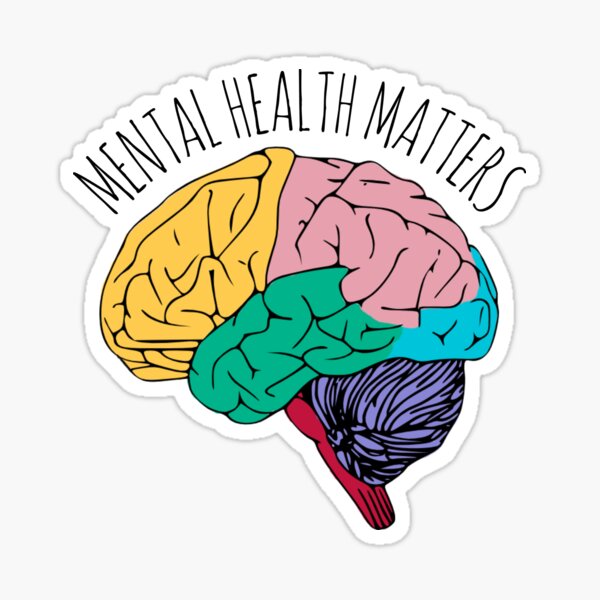
Mental health is the stability of the psyche, which enables the individual to remain adequate in society.
The World Health Organization identifies the following criteria for mental health:
Ø Awareness and feeling of continuity, constancy and identity of one's physical and mental "I".
Ø Feeling of constancy and identity of experiences in similar situations.
Ø Criticality towards oneself and one's own mental production (activity) and its results.
Ø Correspondence of mental reactions (adequacy) to the strength and frequency of environmental influences, social circumstances and situations.
Ø The ability to self-manage behavior in accordance with social norms, rules, laws.
Ø The ability to plan one's own life and implement these plans.
Ø The ability to change the way of behavior depending on the change in life situations and circumstances.
The World Health Organization has stated that mental disorders affect about 12% of the world's population - approximately 450 million or one in four people worldwide suffer from mental illness, and could benefit from diagnosis and treatment.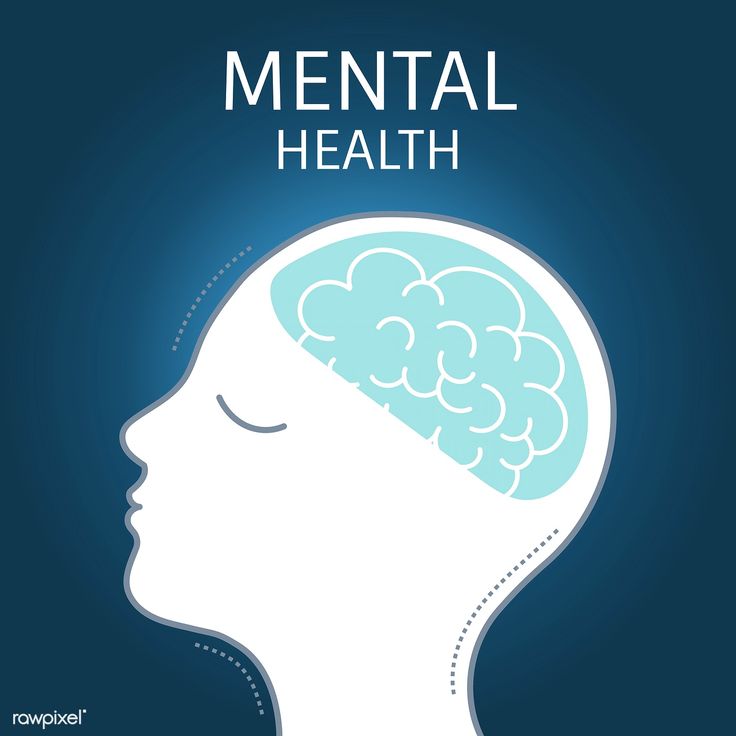 Mental health and mental illness is part of any country, culture, age group and is independent of socioeconomic status.
Mental health and mental illness is part of any country, culture, age group and is independent of socioeconomic status.
Let's take a closer look at how the mental component of health is formed at different stages of a person's life. Regardless of social or ethnic origin, a person living in modern society must have a set of certain psychological traits that ensure social adaptation, i.e. successful functioning in this society. These traits are usually formed as a more or less orderly progress through the various stages of development. Each of the stages is characterized by a set of tasks that a person must cope with and a set of traits that he must acquire in order to better prepare for the next stage. Thus, the judgment of a person's mental health must be related to the stage of his development, as well as his genetic heritage and cultural environment. The stages of development can be summarized as follows:
● Birth to 3 years . In addition to the elementary skills of voluntary movement and self-control, verbal and non-verbal means of expression, the child must learn to trust the world of adults, to realize the continuity of the existence of objects and people, even during periods of their absence.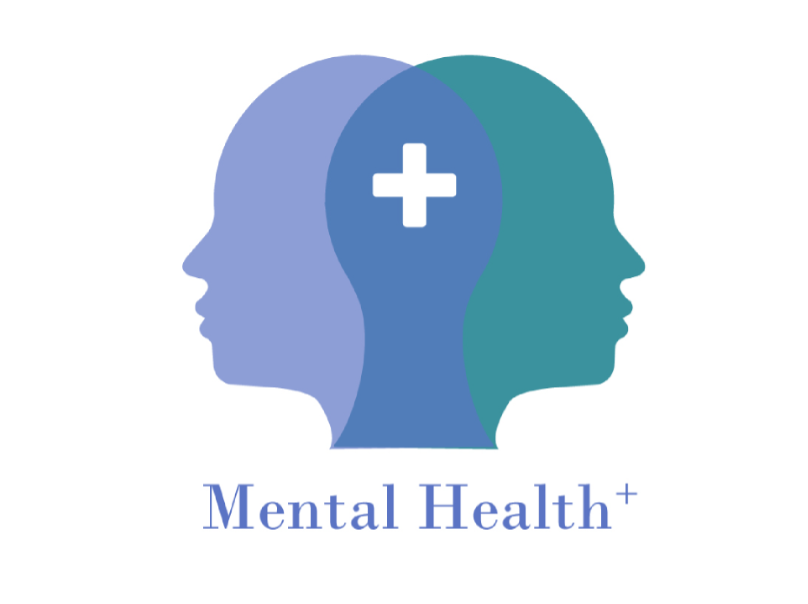
● 3 to 6 years . During this period of increasing independence and initiative, the child develops his ability to establish relationships, share what he has, make elementary moral judgments, and identify himself and others with male or female.
● From 6 to 13 years old . This is a relatively crisis-free period during which the child consolidates previously acquired skills, begins to develop a moral sense during games and other participation in group activities, and adapts to an extra-family environment.
● 13 to 19 years old . This period is accompanied by a sharp jump in physical (mainly sexual) development and a conflict associated with future role expectations. Typically, this period begins with almost unquestioning adherence to peers, then moves into a phase of exploration and experimentation, and ends with moving away from parents and developing their own style, goals and attitudes.
● Maturity. In most communities, this period involves having plans related to marriage, children and work, the acquisition of rational, realistic attitudes and goals, the ability to distinguish thought from action, the ability to care for others.
During the involutionary period, which usually begins in the sixth decade, the loss of friends and narrowing of opportunities can cause episodes of depression. However, even in this period there are sources of satisfaction, especially if there are grandchildren or the aging person is respected in his environment.
It should be noted that mental health does not mean freedom from anxiety, guilt, depression and other negative emotions. Since it implies relative freedom from psychological problems , it is precisely the ability to overcome them that is important here. Thus, the presence of these problems is not yet a sign of illness, but the inability to learn from experience and the stereotyped thinking and behavior indicate trouble in the emotional sphere.
Famous psychoanalyst Nancy McWilliams described 16 signs of mental health . They cover all areas of human life: relationships with oneself, with other people and the world as a whole.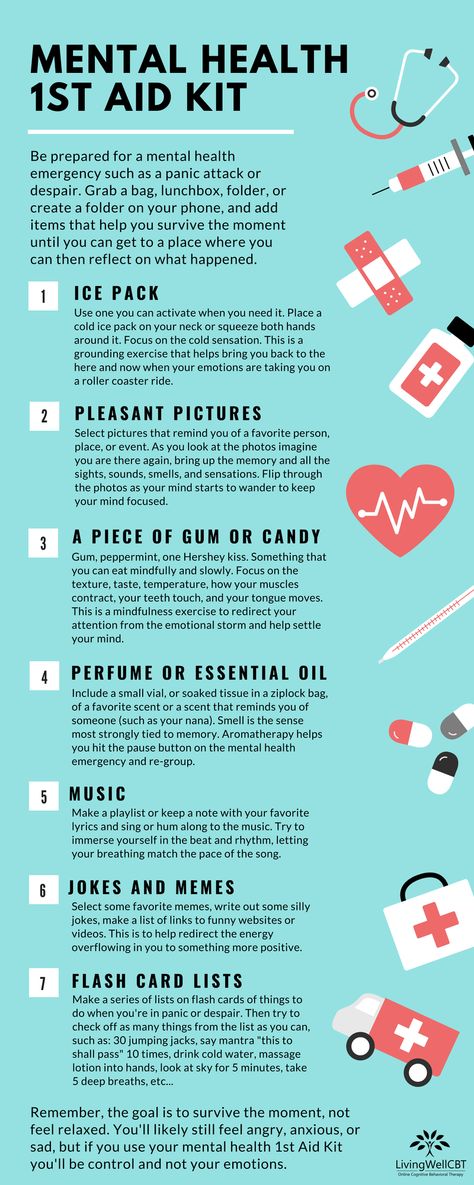
1. The ability to love. Love for others motivates a person to give rather than take. When we love, we want to trust and open up to another person, to sympathize and help. Self-love helps to feel your own needs, take care and accept yourself as you are, with all the advantages and disadvantages. Love is an emotion that heals the soul.
2. Ability to work. And this applies not only to the profession. This is generally the ability to perform tasks that a person sets himself or receives from outside.
3. Ability to play. It would seem that the game is a child's occupation. Meanwhile, adults who have retained the ability to play are highly creative, have a good sense of humor, flexibility and imagination, and at any age remain inquisitive and ready to learn new things.
4. Ability to build and maintain stable relationships. In other words, the capacity for secure attachment.
Signs of attachment of a safe type in adults:
Ø ability to withstand anxiety and the state of one's own emotional vulnerability;
Ø readiness for emotional intimacy in relationships;
Ø fairly high level of trust in the world;
Ø confidence in one's relationships and in a partner;
Ø the ability not to succumb to fears, but to test them by comparing them with objective reality;
Ø Feeling comfortable in closeness, but also maintaining personal independence.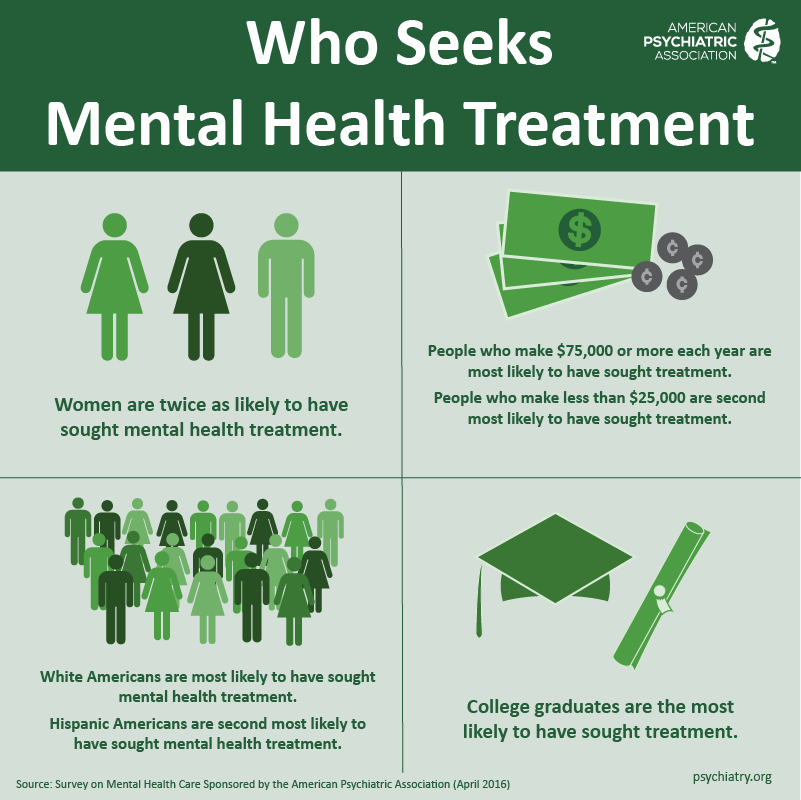
5. Autonomy. This quality is based on a sense of one's own strength and independence. It allows a person to do what is useful for him in a given situation. In the brain, the search engine and the hormone dopamine are responsible for this quality. Autonomy, like the ability to play, is directly related to curiosity and the ability to learn.
6. Integrated concept (permanence of self and object). This is the ability to be in contact with various aspects of one's own personality (pleasant and not very pleasant), the ability to perceive oneself as integral in time and accept the changes that are taking place, withstand conflicts and not collapse.
7. The power of the ego. Ability to recover from stress and adapt to different situations.
8. Realistic and reliable self-assessment. Many people evaluate themselves too strictly, while others, on the contrary, have an overestimated self-esteem. A person with normal self-esteem is able to see his shortcomings, but generally treats himself well.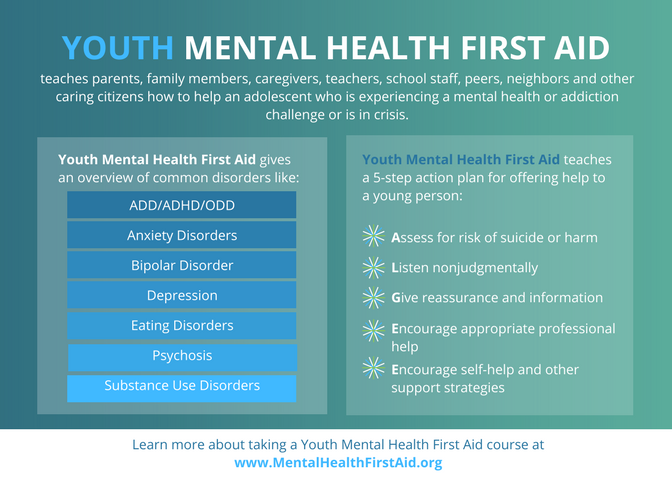 He perceives criticism in his address without much anxiety and resentment, is able to learn from his mistakes without making excessive demands on himself. The reliability of self-esteem is manifested not in the complete absence of dependence on someone else's opinion, but in the rapid restoration of self-esteem to its previous level after it has been wounded.
He perceives criticism in his address without much anxiety and resentment, is able to learn from his mistakes without making excessive demands on himself. The reliability of self-esteem is manifested not in the complete absence of dependence on someone else's opinion, but in the rapid restoration of self-esteem to its previous level after it has been wounded.
9. System of value orientations. Values are the moral center of the personality and at the same time its internal support. The value system provides answers to the question of what is good and what is bad, and determines the choice of a person. The formation of a value system occurs throughout life, but the core values remain largely unchanged.
10. Tolerance to experiencing intense emotions. To endure the intensity of emotions means to feel your emotions, to be in contact with them and at the same time not to act under their influence, but to be guided by rational motives in your behavior.
11.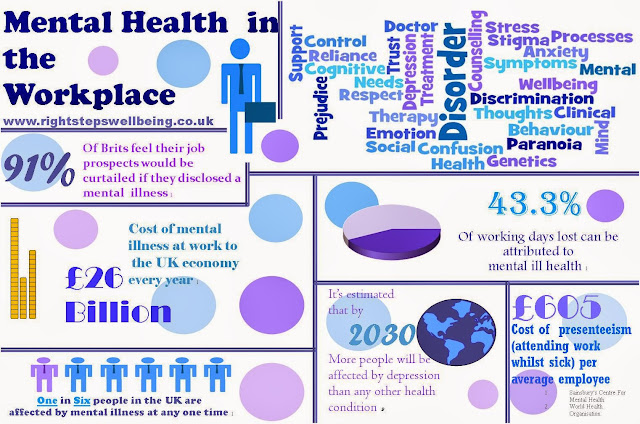 Reflection. Look at yourself as if from the outside. People with developed reflection usually see well what exactly is their problem, and, therefore, they can find a solution to it as quickly and efficiently as possible.
Reflection. Look at yourself as if from the outside. People with developed reflection usually see well what exactly is their problem, and, therefore, they can find a solution to it as quickly and efficiently as possible.
12. Mentalization. Understanding that other people are individuals, that they can be very different from us, have their own characteristics and needs. Not every action of them is related directly to us, but may be caused by personal (unknown to us) motives.
13. Possession of multiple options for effective psychological defenses and flexibility in the use of coping strategies.
14. Balance between your own interests and the interests of your environment. It is a balance between what we do for our environment and what we want and do for ourselves. In other words, a balance between giving and receiving.
15. Vitality. Feeling alive. "Death" can arise as a protection against unbearable pain, and then a person can function normally, but internally be as if lifeless. A truly “living” (vital) person is one who feels his body, his emotions, who is able to perceive objective reality with the help of his senses and respond to requests received from outside - incentives.
A truly “living” (vital) person is one who feels his body, his emotions, who is able to perceive objective reality with the help of his senses and respond to requests received from outside - incentives.
16. Humility. Acceptance of what we cannot change, and the ability to sincerely be sad about what cannot be obtained. This is a recognition of one's imperfection, one's limitations, and sometimes impotence.
Taking care of your mental health is just as important as taking care of your physical health. Here are some tips to help you maintain a good mental state.
1. Develop a good opinion of yourself.
According to mental health professionals, high self-esteem is the best tool we can use against life's difficulties. Research shows that people with high self-esteem have more confidence in themselves and their abilities.
2. Eat well
Diet plays a crucial role in mental health. It is important to have a healthy diet.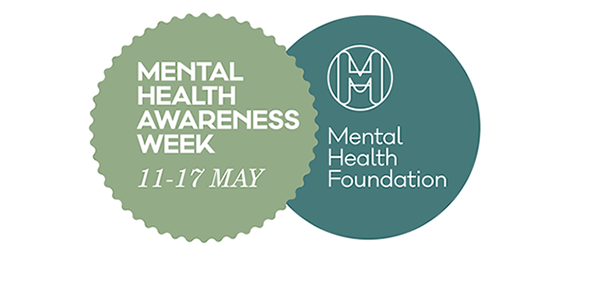
3. Exercise regularly.
Exercise plays a positive role in your mental health. They trigger chemical reactions that have been proven to reduce anxiety and stress and put you in a good mood.
4. Learn to manage stress.
Stress is a part of life, so you must learn to deal with it in order to keep your sanity. Discover the source of your stress so you can find ways to better deal with it.
5. Enjoy the present.
Learn to focus on the present, not on past or future events. It will help you enjoy the little joys of life that you might otherwise miss out on.
6. Find work-life balance.
If you feel like you are spending too much time and energy on one part of your life, your work-life balance may be upset. Learn to do both! The best way to do this varies from one person to another. Find the strategy that works best for you.
7. Get enough sleep.
Lack of sleep affects your mental health as it can cause emotional and psychological problems.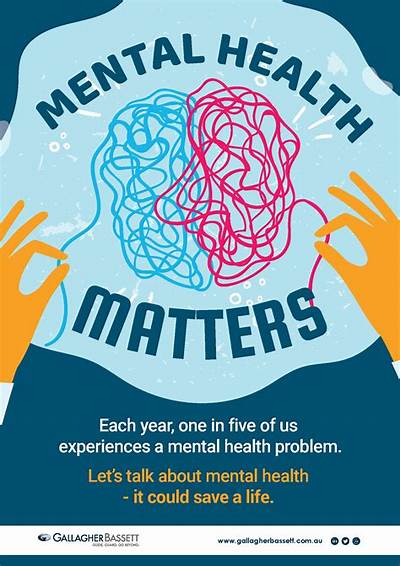 Go to bed at a reasonable time and try to get 8 hours of sleep. This will help you achieve maximum recovery and face the next day with more energy.
Go to bed at a reasonable time and try to get 8 hours of sleep. This will help you achieve maximum recovery and face the next day with more energy.
8. Cultivate relationships.
Developing and maintaining strong personal relationships is very good for your mental health. So work on building good relationships with the people around you, whether at home, at work, or in your community. These contacts will enrich your life and give you great support.
9. Have fun!
Taking the time to laugh and have fun will go a long way in maintaining mental health. Laughter raises morale, maintains a good mood and relieves stress. Find ways to laugh: comics, funny videos or jokes with friends.
10. Seek help from close people or specialists if your internal resources are not enough to stabilize your mental state.
So, good mental health is mental resistance to life problems, failures, it is the ability to find the right solutions in a stressful situation and “take a hit”, the ability to build strong relationships and recover from failures.